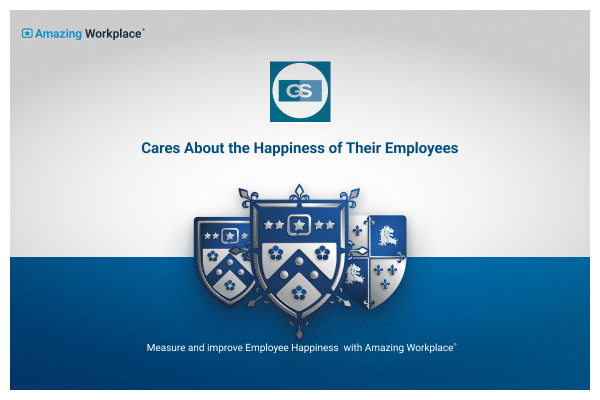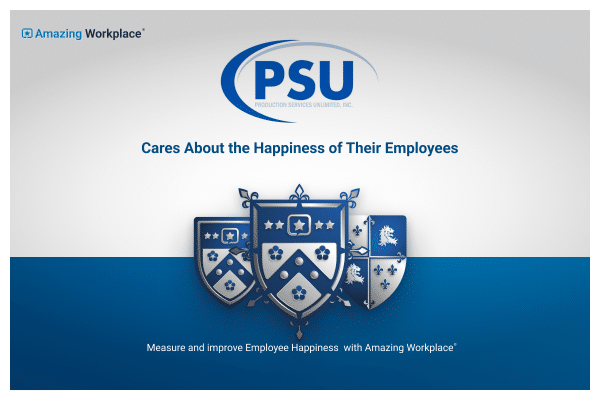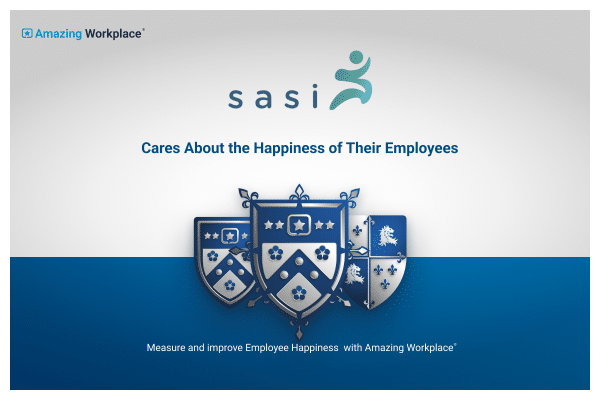Signs Your Co-Workers Are Intimidated By You
While you might not consider yourself as an intimidating person, you might find that your colleagues disagree.

As much as we might want to, we can’t always know exactly what people think about us. We are not mind-readers and it is rare for people to tell us straight to our faces the way they truly feel. This is especially true in the workplace where relationships must remain professional. And while you might not consider yourself to be an intimidating or even scary person, you might find that your colleagues would disagree. If you pay attention to the way your co-workers behave around you, you can pick up on some signs that they are intimidated by you.
Are You Intimidating at Work?
Workplace dynamics can be challenging. You are forced to spend a lot of time with people that you don’t necessarily know much about, in situations that can often be stressful. Collaborating effectively in these circumstances can be trying and can result in miscommunication.
It is possible that the people you work with are intimidated by you and you might not even realize it. Maybe your introduction to the new hire was blunt because you were concentrating on finishing a project and now they get anxious when you enter the break room. Or maybe your team members are scared to speak up during meetings in case they are met with criticism because you made a joke about an idea in the past. There are numerous ways in which you can affect the people around you negatively without meaning to.
Effects of Intimidation in the Workplace
Being intimidating might actually seem like a positive trait to some people as it creates a feeling of power. In reality, it prevents real connection and can limit progress. When your co-workers are intimidated by you, they are less likely to approach you for help. They are also less likely to open up about their personal lives and other topics that can build strong working relationships based on trust.
When a person is scared to talk to you they will become closed off in your presence and it’s unlikely that they will come to you when something has gone wrong for fear of your reaction. This affects productivity, employee well-being, and can damage company culture. It is not necessary for everyone to like you in the workplace, but it is important to recognize when your co-workers feel apprehensive around you.
Signs Your Co-workers Are Intimidated By You
Here are some signs that your co-workers are feeling intimidated by you:
Lack of eye contact
When you speak to someone who is intimidated by you they will avoid eye contact and may focus elsewhere throughout the conversation. This is a subconscious mechanism to shield themselves from you. This is subtle, and harder to pick up in virtual meetings, but it is an indication that a person is uncomfortable. Some people tend to avoid eye contact with everyone, especially if they are shy, but if a co-worker is open and engaged with others but acts differently with you it’s a sign they are intimidated by you.
Defensive Body Language
Defensive body language also implies that a person is feeling uneasy. Your co-worker might turn their body away from you when you interact, or cross their arms over their chest, trying to close themselves off to what you have to say. If they are keen to leave the situation you might see them looking towards the door a lot or checking their watch, or tapping their foot.
Of course, crossing arms and facing away doesn’t always mean that the person is intimidated – they might have a deadline looming or other issues needing their attention – but in general, if someone appears relaxed and is happy to face towards you, that’s a good sign they are not intimidated by you.
Reluctance to Share Opinions and Ideas
Have you noticed a co-worker who stays silent or never really says what they think in a meeting? Or someone who is hesitant to disagree with you and goes along with all your ideas? If this is the case your co-workers may be holding back due to feeling intimidated. This causes them not to speak their mind for fear of backlash or embarrassment.
Sharing ideas can feel like a lot of pressure, especially in a group setting with team members at differing levels on the career ladder. In these situations you might find that after you’ve answered a question or shared an opinion, no one else has anything to share. A positive workplace culture is best when everyone feels comfortable to contribute. If you tend to jump in quickly with responses for everyone to seemingly agree with you, remind yourself to pause and give someone else a chance to answer first.
Avoidance
If a co-worker is intimidated by you they are more likely to avoid speaking to you, in person and virtually. This behavior can include passing on social events you are attending outside work, sending emails or messages instead of calling you, saying ‘yes’ to all your ideas to avoid confrontation, and being overly apologetic. Your co-workers might also avoid asking you any questions about your personal life because they are afraid of opening up to you about their own.
It’s healthy to show your human side. Think about the times when you’ve screwed up and share it with others. By doing so, your co-workers will see you as human and will be more relaxed around you.
You have been told you are intimidating
This might sound like an obvious sign but it’s surprising how many people don’t realize they are intimidating even when told straight up. If someone tells you they find you intimidating don’t assume it is a joke or be dismissive, use it as an opportunity to talk with your co-worker and try to find a way to communicate more effectively.
This also applies to being told you are blunt. There is nothing wrong with getting straight to the point, but if you are being short and sharp with people they can feel overwhelmed, stressed, and upset. Taking some time to evaluate your communication skills can help you to understand how your co-workers view you and respond to your words.
Our Conclusion
There’s an old saying, “Don’t compare someone else’s outside to your inside.” This simply means that what people project or display outwardly doesn’t always reflect what they feel inside. The point is that it’s more effective in getting along with others to communicate with someone and get to know them, rather than to make assumptions based on what you see or what they hold up on the outside.
Remember that in the workplace you are dealing with all different kinds of people and sometimes personalities can clash. You don’t have to get on famously with everyone you work with and it is likely that at least one of your co-workers could be intimidated by you.
There’s nothing wrong with being confident, or even aggressive in your approach to work, or life for that matter, but there is something to be said for not making others feel overly uncomfortable. Maybe aggressive isn’t the right word. We aren’t talking about bullying, or even unconscious bias here. Energetic, self-assured, brisk, industrious, vigorous. These are all things that can be positive traits in the workplace. But, again, it can be intimidating to some. And while this is a reflection of them, it can be beneficial to spend some time looking for signs that you are making others ill at ease and possibly restricting their growth.
In the interests of creating an inclusive workplace – one that practices kindness – keep open lines of communication and make sure your co-workers can get to know the real you. Focus on how you are interacting with those around you and if necessary, make some changes for the better.


